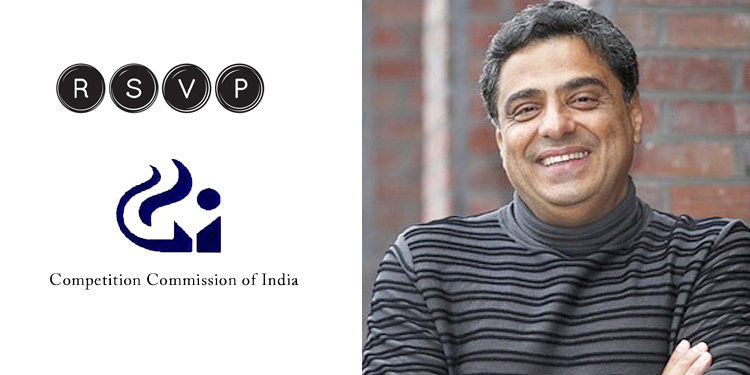Mumbai: Filmmaker Ronnie Screwvala’s movie production company RSVP had launched complaint in Competition Commission of India (CCI) against four largest multiplex chains for alleged collusion and for charging Indian movie makers discriminatory virtual print fee (VPF).
In his complaint against PVR, Inox Leisure, Cinepolis India and Carnival Cinemas, Screwvala himself had proposed to be the principal witness in the investigation.RSVP had also included Multiplex Association of India (MAI) as one of the respondents in its complain.
The complaint alleged that the above mentioned exhibitors continue their illegal and malafide act of imposing VPF, using a standard non-negotiable revenue model and holding back advance payments that they get from online portals for movies. VPF was first introduced to help make multiplexes DCI compliant, a technology that helps to reduce cost, curbs piracy and enhances the movie viewing experience. Since the technology was costly, it was agreed that multiplex chains will charge Rs 20,000 per screen for each movie for five years to recover that cost, beginning from 2010.
“VPF was to be charged only for a period of five years, by when the multiplexes were to amortise the cost incurred by them in adopting the technology for digitisation of the theatres. Three years have passed since the completion of this original sunset period of five years, but multiplexes have continued to impose VPF, without any regard for such sunset provision,” said the complaint.
“This discriminatory charge of VPF is only to the domestic/Indian language films, while all Hollywood /international movies are exempted owing to an understanding /global release agreement sign by the multiplex chains,” the complaint said.
It also alleged that multiplex owners are in unilateral control of the showcasing of the movies. “The OP (opposite parties) alone determine how many shows a film gets and they reduce the show at their discretion without any regard to the producer or film.
The Complaint has alleged that multiplex companies along with their association are in the violation of Section 3 (1) of Competition Act that prohibits any form of cartelisation that impacts adversely on competition or fair market within India.
The Screwvala-owned company is seeking the regulator’s intervention to restrain multiplex owners from imposing any further fees including VPF. It is also seeking investigation in forceful standard and non-negotiable revenue sharing agreements and unfair holding up of advance payments among other things.
As per the Competition Act, the maximum penalty for cartelisation is three times a company’s profit or 10% of its turnover, whichever is higher.

















